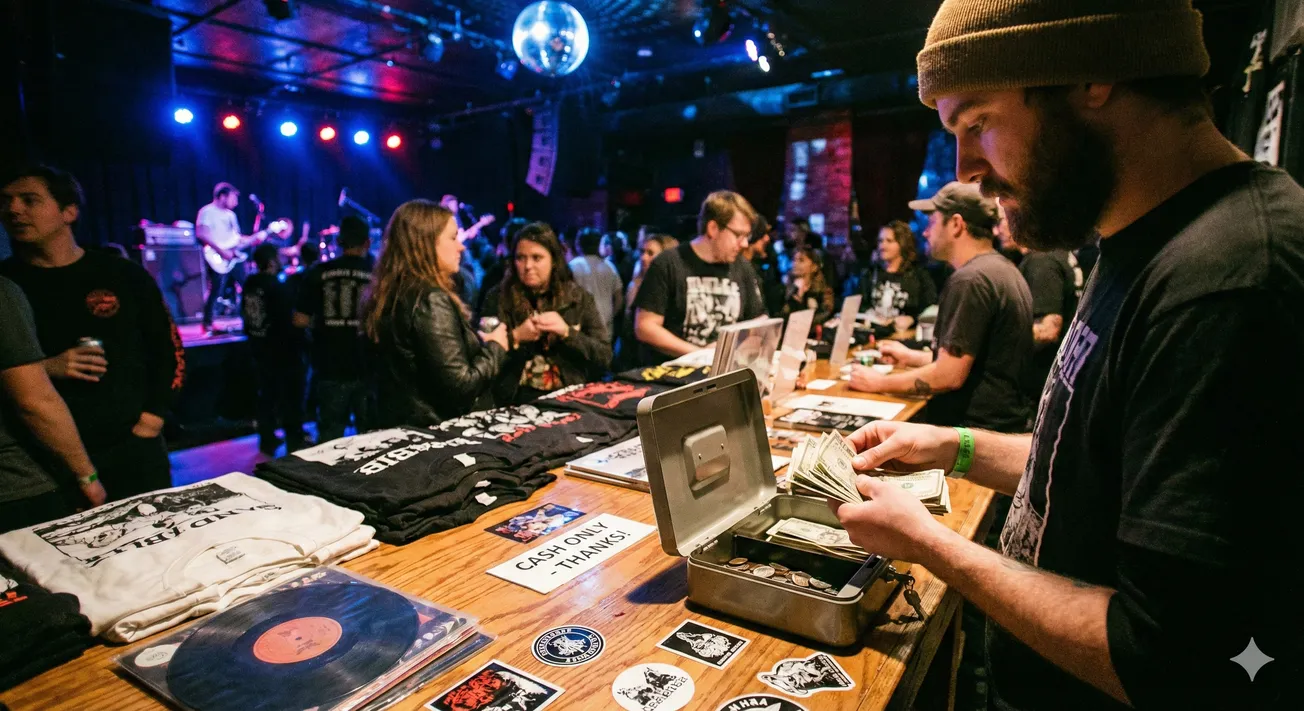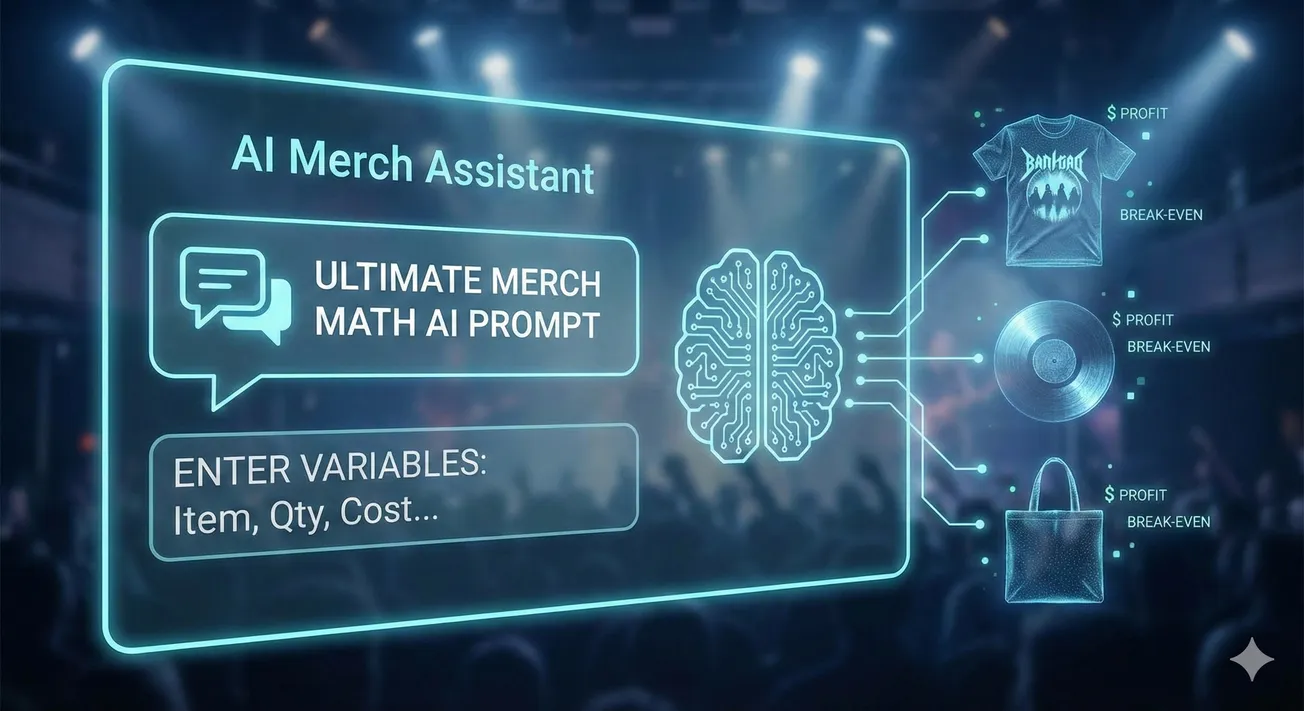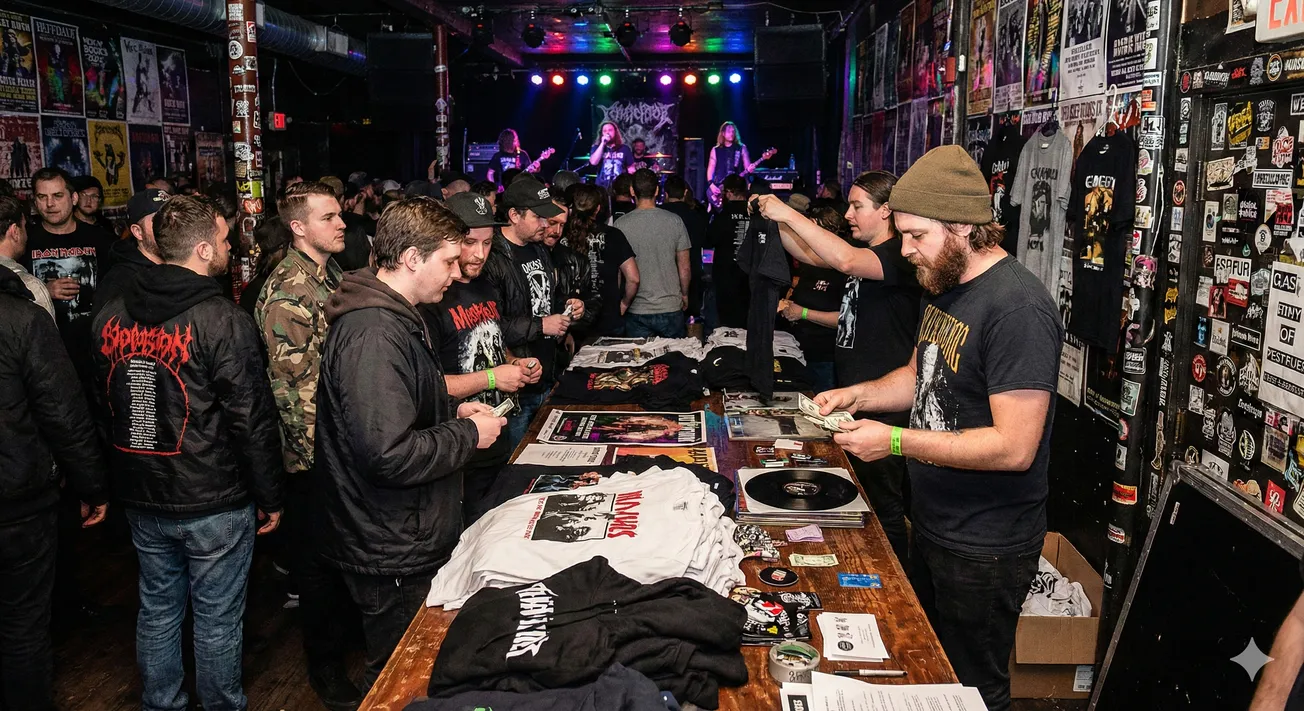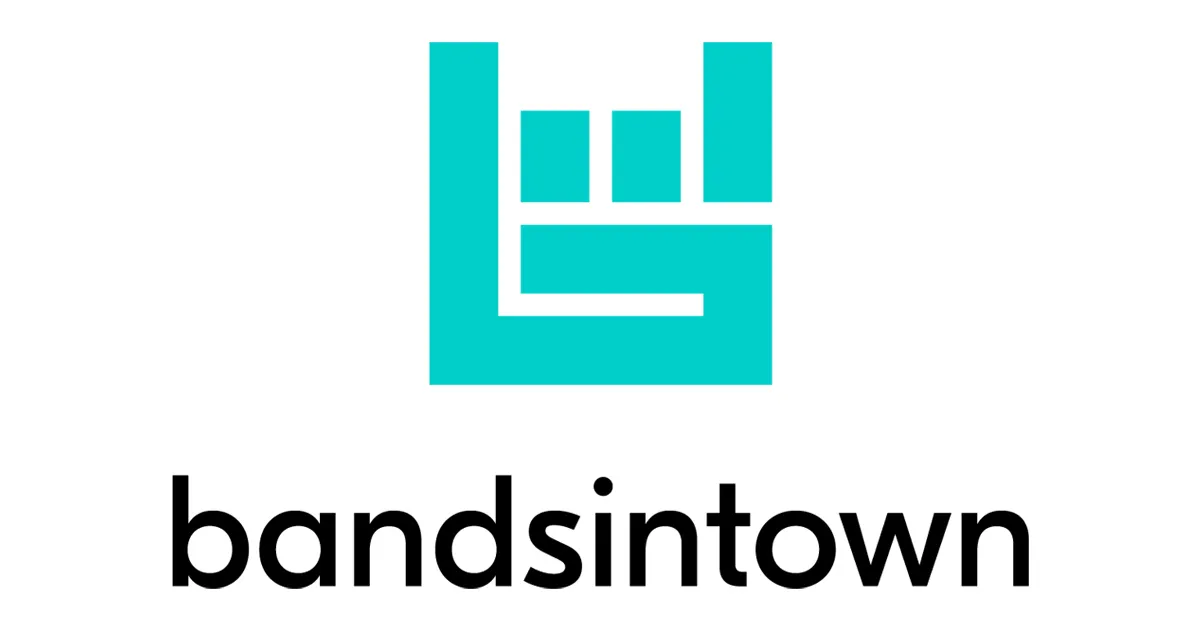Macklemore and Ryan Lewis, along with Team Macklemore & Lewis by extension, have recently come under attack by writers at media outlets with solid brands such as NPR and Rap Radar because, though they claimed the status of indie artists as they topped the charts with their collaborative effort, they were also being distributed and promoted by a major label-owned entity. Sadly, this attack is simply a reminder of the final collapse of "indie" as a meaningful term.
Since tone is not always as clear as we'd like on the web, please read the following as a heavy dose of sarcasm, tinged with a hint of dismay, finely marbled with disgust and smothered with the self-righteous anger of one who is sickened by the stench of delusional purist stances.
Yeah, that's how it is.
The Collapse of "Indie" as a Meaningful Term
The more I hear the term "indie," the more I realize that it's usefulness as a communicative term has been exhausted. Nobody defines it adequately and when you ask them what they mean they either duck the question or provide variations on a purist stance that, if followed to the letter, would remove large swaths of artists and labels from the lists of those who can claim indie status.
In fact, the intensely ideological use of the term reminds me of the kind of strictures on thought and behavior that I usually associate with commie fringe groups and separatist lesbians. And I say that as someone who knows a lot about how such purists think having learned much from various face-to-face encounters in the 80s, close study of their underground publications on newsprint and periodic observation of their actions in the street back before the World Wide Web even had a name.
Now that I've established my "clueless old fogie" cred, let's discuss the link bait that drew you in to this bit of content that will consume, on average, no more than a minute of your life, dear reader.
The Indie Origin Tale of Macklemore (and some other guys)
Sometime last year a pair of hip hop musicians, or whatever you want to label them given that the term "hip hop" also tends to be policed in a ridiculously purist manner, released an album with a lead single that did really well. In fact, the duo of Macklemore and Ryan Lewis, known as Macklemore in the music press cause we seem to have difficulty labeling things correctly, did so well that their album, "The Heist," debuted at no. 2 on the Billboard 200 and their single, "Thrift Shop," quickly ran riot on various singles charts.
A wide variety of music writers and fans got all excited about this indie victory and embraced Macklemore, if not Ryan Lewis, with gushing headlines that I'm sure you all recall. This victory against "the man" was taken as a sign that finally indie artists could make it on their own without the taint of association with the evil major labels.
Of course, no one pointed to their obvious use of digital tools provided by much larger corporate entities such as Apple and Facebook as anything other than, um, whatever it is they mean by indie since that goes without saying cause we know it when we see it.
The Big White Lie of Indie Success Exposed
Yet such a charade could not last. In recent weeks, due most likely to the news that Macklemore's deal (actually a deal involving whatever business entity Macklemore & associates have formed) with the Alternative Distribution Alliance (ADA), which is owned by the walking dead wearing suits at Warner Music Group, had been so successful that they were doing it again on an international scale. But because none of the critics reveal what inspired their stories, we can't say for sure how they figured it out after the fact.
For my part, I found out about this pseudo-controversy via the always worth reading Solveig Whittle.
Rap Rehab's Paul Porter, in a piece titled "Macklemore’s Indie Rise Is A Simple White Lie" (
racelink baiting, anyone?), turned to a dictionary definition of indie that actually doesn't support his case to expose Macklemore and those other people as frauds. They aren't indie artists, or Macklemore isn't, they or he are "part of the big machine."
[Note: Please see my update at end of piece clarifying Porter's overall stance with which I agree.]
Over at NPR, which used to have fairly high standards for their coverage, Zoe Chace follows up Porter's piece
without mentioning Porter[actually she mentions Porter in the audio] and reveals that stories such as this one at Time.com are "not entirely true." Given that this story seems to mostly celebrate Macklemore's refusal to sign with a major label it's unclear why she's beefing with Time.
Yet she does reveal that Macklemore combined smart use of such indie/corporate tools as Twitter and YouTube, each of which is more highly valued than any major label, along with touring to build a brand and put out an album that still required a service associated with a major label to break into terrestrial radio and top the charts.
This Isn't Breaking News
I could say more but my cheezy sarcasm is wearing thin. None of this is breaking news. Billboard's coverage back in October made it quite clear that they worked with ADA to break through in such articles as:
Alternative Distribution Alliance Scores New Clients, Exec
Macklemore & Reps Talk 'The Heist' Debut & DIY Marketing Plan
In fact, the second article reminds us that not only did Macklemore build with Ryan Lewis but that others were involved including The Agency Group and their current manager Zach Quillen.
Oh, no, the lie is revealed to be deeper than we realized.
No Musical Success is An Army of One (Or Two)
If you thought Macklemore and Lewis were a couple of hipsters posting up on Tumblr and slinging CD-R's out of their backpacks in front of Goodwill in between tour stops reached via public transit, then you're living in a fantasy world. But what's worse is that most of the people making noise know better.
They know there's barely such a thing as an independent solo artist achieving mainstream success on their own because it's really difficult to book a real tour or get on the radio or receive mainstream press without a team. It's nearly impossible to do any of those things without professional support.
And they also know that the fairy tale of total independence is just that. Media coverage doesn't reveal the funding from family members, the sweat of publicists, the hard work all the unnamed people do because that's not a sellable story. You can't write link bait headlines off that.
At the end of the day, it takes a village to get paid.
If Macklemore's Expelled from Indie Heaven So Are Some Other Icons
But say we take these claims at face value. Let's say that no one who uses major label services can claim indie status.
In that case, looking only at ADA's clients, we have to jettison the following labels from our magical indie kingdom, some of which might not qualify anyway depending on your unspoken definition:
"Alligator, Beggar's Music Group, Cartoon Network, Comedy Central, Domino, Epitaph, Matador, Merge, Nettwerk, Real World, Rykodisc, Saddle Creek, Secretly Canadian, Side One Dummy, Sub Pop, Taseis, Touch & Go and Smithsonian Folkways."
But don't stop there. You're also going to have to ditch a bunch more labels before you're done.
Of course, Macklemore and Lewis aren't a label and ADA doesn't list individual artists but they do feature a few on their home page like XL Recordings' The xx and Dualtone Music Groups' The Lumineers.
Well, fuck me. I've got some rewrites to do. Those beacons of indie success turn out to be phonies whose claims to indie status are nothing but more of the man's big white lies.
I Pledge to Give Up All Usage of "Indie" Except When Quoting OthersBut wait, I have a better plan. I'm going to refuse the purist stance of indie and no longer use the word in any of my writing about the music industry unless I'm quoting a source.So just as I rejected the purist nonsense of political fringe groups back in the 80s and just as I rejected the purist nonsense of anti-poststructuralists in the 90s and just as I rejected the purist nonsense of hip hop heads in the 'oughts, I'm going to reject the purist nonsense of those who still fly the term "indie" as if it was a flag of freedom.
[Update 1: I still reject those who would steer artists towards a purist stance that undermines their ability to make the deal that's best for them but I've decided to go ahead and use "indie" when it seems appropriate or useful. I may or may not clarify my definition at the time in keeping with now widespread practices.]
But that doesn't mean there's not yet time to set me straight in the comments sections where free speech is safely corraled and unlikely to be read by the majority of this post's readers. Just as most of this post won't be read by them either.
Or You Could Read an Inspiring Interview with Wanz
If you'd rather focus on something positive, check out this truly awesome interview with Wanz (via my man Manny Faces of Birthplace Magazine), the singer in Thrift Shop who's almost as old as I am. I won't lie. I actually teared up at a couple of points.
But if he's lying too, please don't tell me. I've already lost Santa Claus and Macklemore. And my hypertensive heart just can't take no more.
Update 2: Paul Porter from Rap Rehab touched base to point out that his key points were about the fact that many artists who embrace the term indie think they can really break into terrestrial commercial radio and similar difficult to enter spaces all on their own. But the reality is there are still gatekeepers that need to get paid and you're not going to enter that world simply on the merits of your music.
Also, in using his headline to my own ends, I probably gave the false impression that he's something other than a man who I consider a much needed voice and a positive force in hip hop.
Hypebot Senior Contributor Clyde Smith (Twitter/App.net) also blogs at All World Dance: Videos and maintains Music Biz Blogs. To suggest topics for Hypebot, contact:
clyde(at)fluxresearch(dot)com.Related articles






